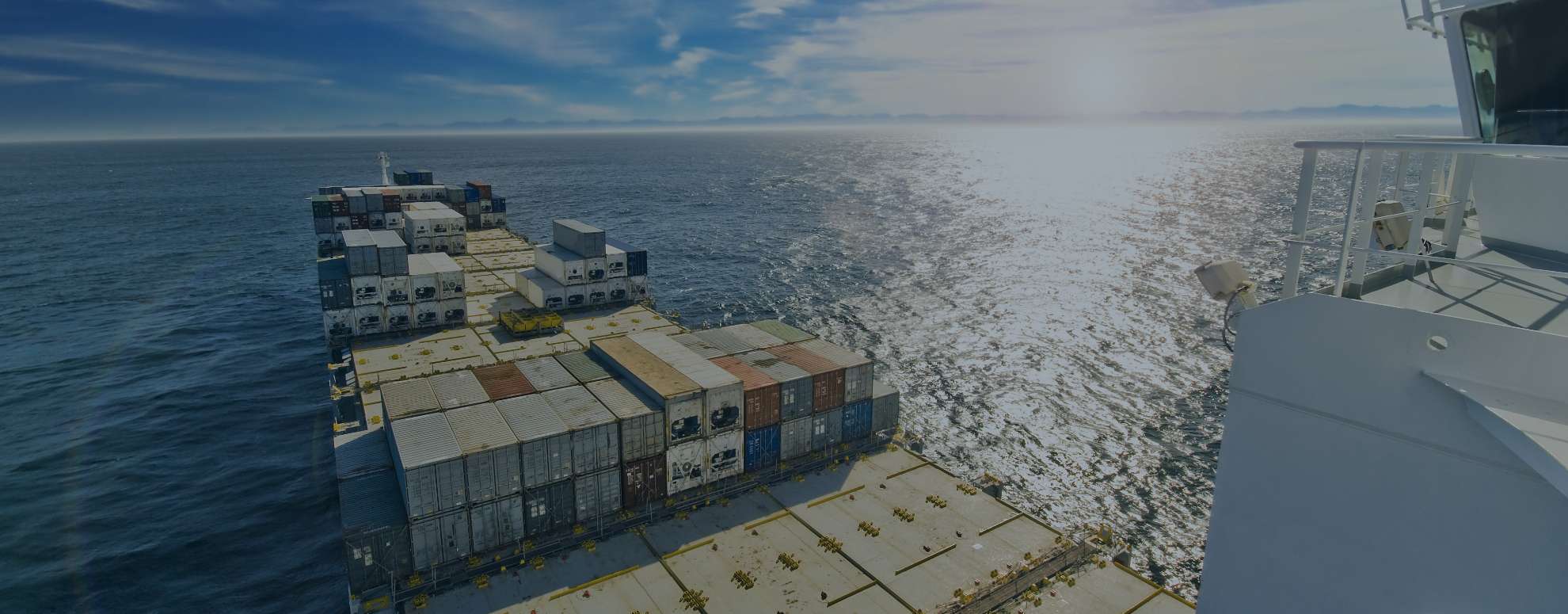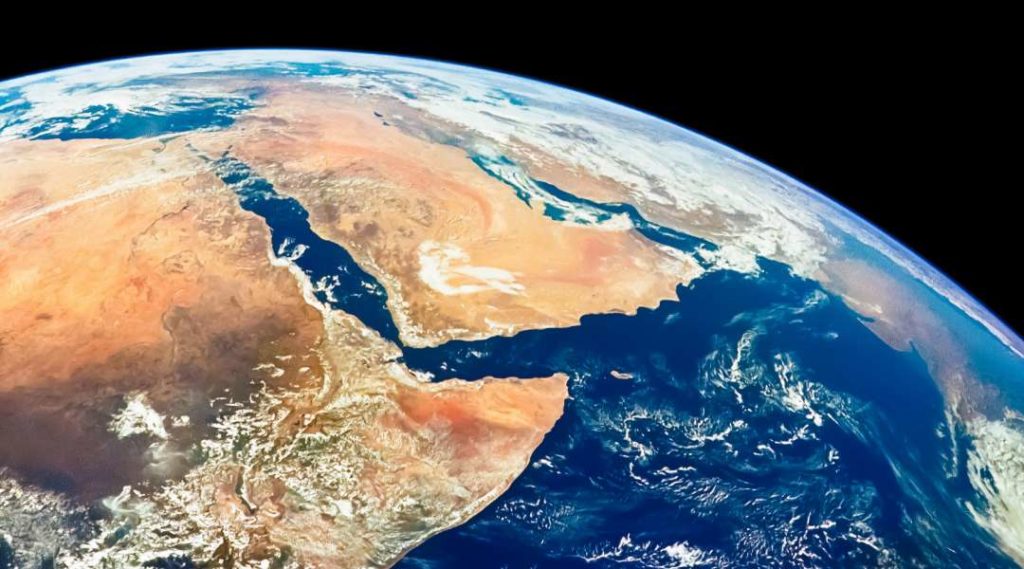Evacuations from High-Risk Locations Call +44 (0)1202 308810 or Contact Us →
Houthi Attacks in the Red Sea

Effects on merchant shipping in the Red Sea and adjacent waters
20th December 2023
What is the Houthi Movement and what is their intent?
The Houthi Movement, also known as Ansar Allah, is a Shia rebel group in Yemen founded in the early 1990s that aims to combat the perceived marginalisation of the Zaidi Shia community. The group initiated a rebellion against the Yemeni government in 2004 and seized the capital, Sanaa, in 2014.
In 2015, a Sunni and Arab coalition led by Saudi Arabia intervened in the Yemeni Civil War, supporting the largely Sunni Yemeni government with airstrikes, ground troops, and backing from various Arab nations. It is almost certain that Tehran views the Houthis as a force multiplier in its regional proxy war with major Sunni rivals such as Saudi Arabia, which enables it to engage with the Sunnis or the West with a high degree of plausible deniability.
Iran’s involvement with the Houthi Movement
The Houthi Movement has also become part of Iran’s “axis of resistance” against Israel. While Iran denies direct connections, there is widespread belief and anecdotal evidence that Tehran provides political, financial, and military support to the Houthis, best evidenced by their arsenal of Iranian-derived weaponry.
The suspected Iranian facilitation of lethal aid into Yemen has enabled the Houthis to acquire a credible arsenal of weapons that can target vessels, aircraft, and strategic locations throughout the region. Past Houthi attacks demonstrate their acquisition of various advanced weaponry, including long-range systems such as uncrewed aerial systems (UAS) or drones, short-range and medium-range ballistic missiles (SRBM/MRBM), anti-ship cruise missiles (ASCMs), and a diverse array of air defence systems.
With such an advanced arsenal, it is highly likely that Iran views the Houthi Movement as a proxy force that enables it to send strategic messages, influence rival powers, demonstrate Iranian capability and as a deniable force that can deliver strategic effect at the tactical level. Consequently, it is highly likely than Tehran is leveraging the group to exploit the current situation in the Middle East to achieve some of its own aims, namely uniting multiple elements against Israel and the West on multiple fronts. However, whilst Tehran exercises a high degree of control over the Houthis, its influence is not absolute and the prospect of independent Houthi activity provoking an escalation cannot be discounted.
Since the inception of the war, the Houthi Movement has championed the Palestinian cause and demonstrated its capability to target the southern areas of Israel with ballistic missiles and drones. However, what has been of far more importance to external actors is the militant group’s ability to influence international shipping in the Gulf of Aden, Red Sea and the Bab-al-Mandeb- the southern entrance to the Red Sea.
Could Israel-Hamas War trigger wider conflict in the Middle East?
The Hamas-led attacks in southern Israel on October 7, 2023, resulted in an estimated 1300 deaths, and around 200 hostages were taken to Gaza, prompting significant international shock and condemnation. The severity of the attack has unified a nation previously grappling with civil unrest behind a military operation in the Gaza Strip.
The Israel Defence Forces (IDF) has now conducted hundreds of airstrikes on Gaza and has launched a ground offensive into the exclave, enabling it to secure parts of northern Gaza whilst committing to further offensive operations in the south. The conflict, as reported by the Hamas-run Gaza Health Ministry, has caused over 20,000 Palestinian deaths, creating a humanitarian crisis amid limited public services due to the combined effect of an Israeli blockade and IDF operations.
Since the inception of the Israel-Hamas war, there have been major concerns that a seemingly isolated conflict could trigger a series of miscalculations or escalations that could raise the risk profile across the Middle East and lead to global ramifications. Observed and potential consequences include increased civil unrest, attacks by Iranian proxy groups, and actions by violent extremist organisations (VEOs) across the region.
IDF operations have triggered responses from Iranian-backed militant groups in Lebanon, Syria, Iraq, and Yemen which threaten to escalate the war into a broader conflict. Whilst Israel is almost certainly most concerned by Lebanese Hezbollah opening a second front in southern Lebanon, the Yemen-based Houthi Movement undoubtedly gives the most unease to international observers. -based Houthi Movement.
In this report:
- Effects on shipping from Houthi attacks
- Consequences for global supply chains and the consumer
- Potential maritime security countermeasures
- Forecast for 2024
